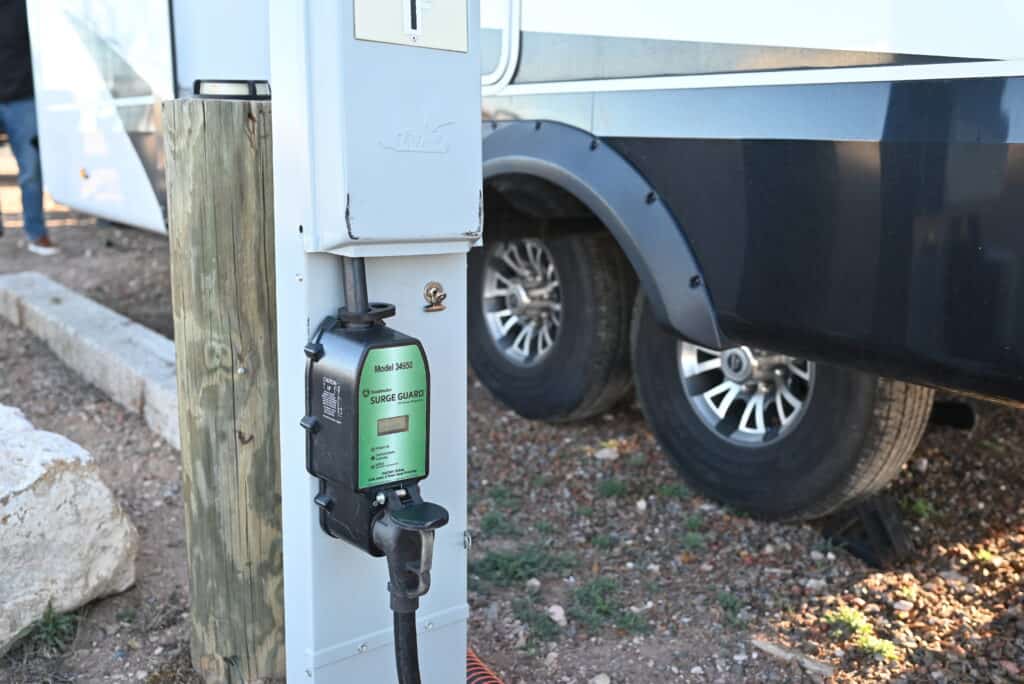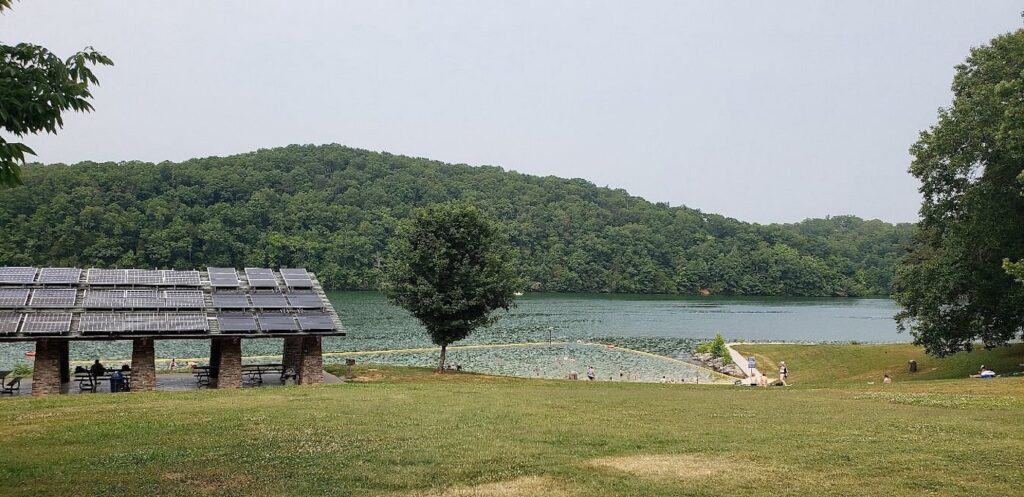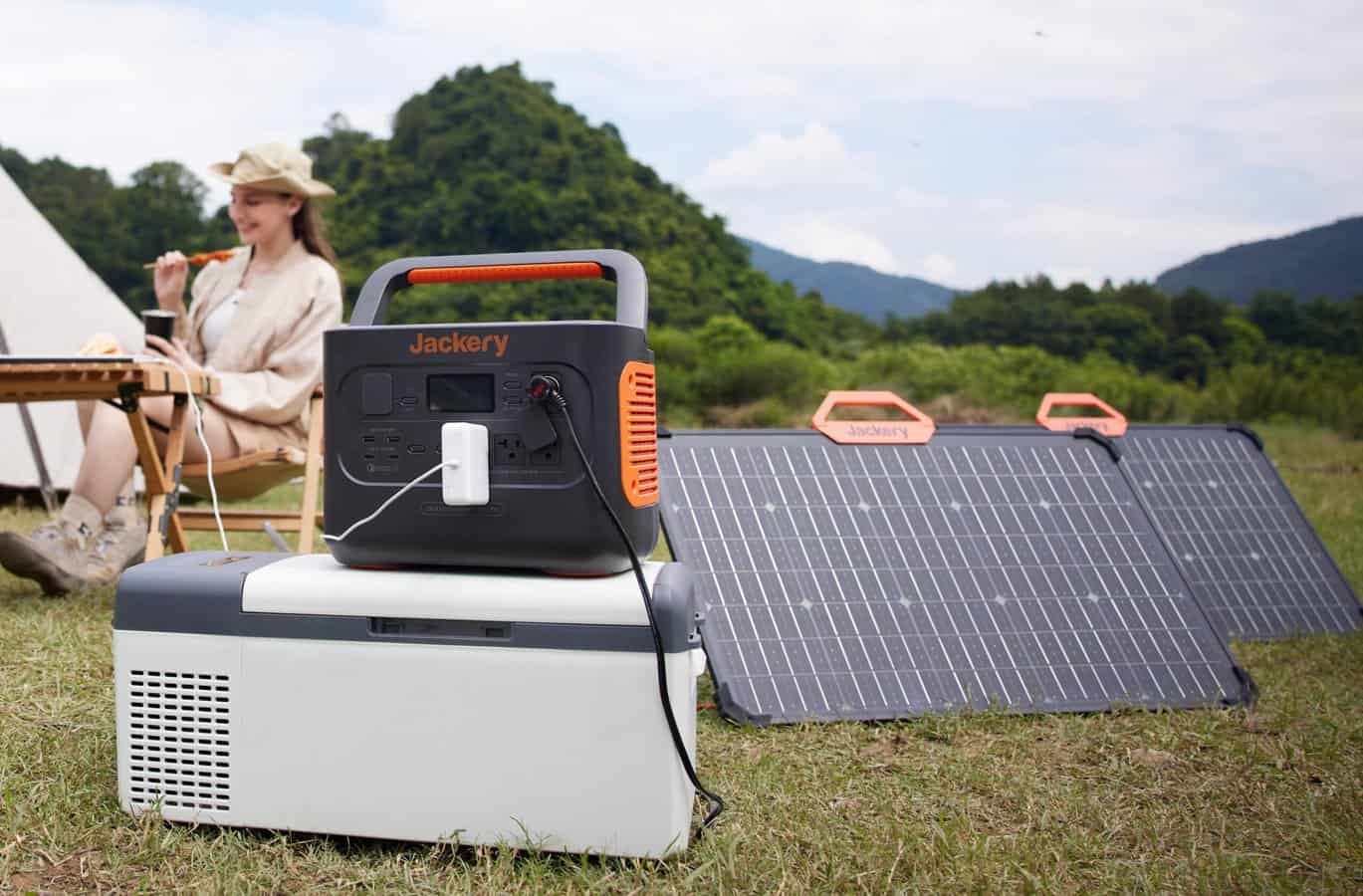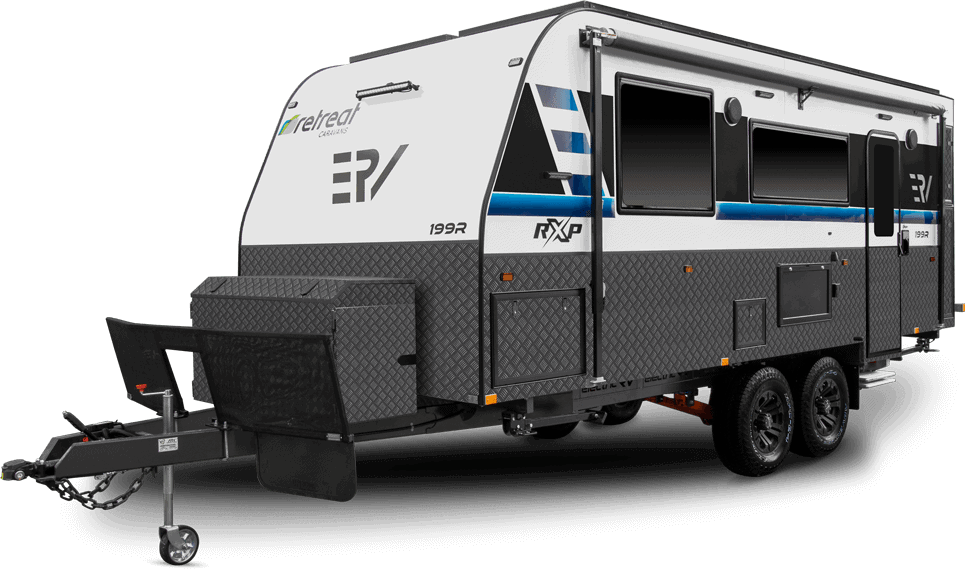
What Is The Future Of RV Park Technology?
The RV industry is rapidly evolving in response to a changing world. High fuel costs and environmental concerns have contributed to this evolution. Electric RVs and tow vehicles have been introduced, along with a significant increase in electric vehicle sales. Remote work has also surged, leading to many workers choosing to work from their RVs. However, staying connected to the internet is crucial for these workers.
RV park technology is evolving to meet the needs of both campers and the environment. Interactive self-booking software is a prime example of technology that can benefit campground operators with busy schedules. This article explores the upcoming advancements in campground technology.
1. Interactive booking and contactless check-in
Technology makes it easier than ever to find just the right campsite. That’s because any RVer can now use Google Street View to survey a campground before they book. Not only that, but if they like what they see, they can read online reviews at RV LIFE Campgrounds to see what other campers are saying about the campground.
But technological advances don’t stop at helping you find a great RV park. Once you’ve decided on the campground, the latest campsite booking software makes it possible for you to book the site you want after selecting it from available sites on an interactive map. After you’ve booked your campsite, you simply check in by phone when you arrive. No contact. No hassle.
Of course, campers are not the only ones benefiting from interactive campsite self-booking. This technology frees up campground personnel from the onerous task of registering campers and then getting them checked into sites they’ll be happy with. It’s a real win-win for everyone involved.
2. Electric vehicle charging
The popularity of electric vehicles is surging these days. However, most electric vehicles cannot be flat-towed behind an RV without destroying its electric motor. This is because even when the vehicle is shifted to neutral, its permanent-magnet electric motor generates a back current that could damage the system. However, there are some electric vehicles that are designed to be flat-towed, such as the Tesla Model S and Model X. It’s important to check with the manufacturer’s recommendations and guidelines for the specific electric vehicle you own or are considering towing.
There are now electric pickup trucks suitable for carrying a truck-mounted camper or towing a smaller travel trailer. However, their limited range under load necessitates frequent charging, rendering them impractical for long road trips. Moreover, few EV charging stations can accommodate a truck towing even the smallest of trailers. Nevertheless, as demand increases, we can anticipate an upgrade in charging infrastructure.
Fully electric RVs are also in the works. Not too many years ago, rising fuel prices began to deter some RV buyers from making a purchase. Many RVers also wanted to camp in an environmentally friendly RV. The result was a real demand for electric RVs by consumers. In 2022, Winnebago announced it would be testing prototype models of a new all-electric RV, the EV2. The EV2 is finally in the final testing stages of the prototype, and while they’re not giving a date for a commercial launch yet, it could be in the coming year. Bowlus has also recently announced they’re the first manufacturer to offer an all-electric lineup.
Campgrounds with EV charging stations
You may have already noticed that more and more campgrounds are adding charging stations. Some public campgrounds in both the US and Canada already have EV charging stations. Kampgrounds Of America began adding EV charging stations to its campgrounds in 2022. With the market for EVs expanding every year, expect to see more EV charging stations in both publicly and privately owned campgrounds in the not-too-distant future.
Can you use RV electrical outlets to charge an EV?
Technically, charging an electric vehicle (EV) using an RV electrical outlet is possible. However, it is not recommended.
RV outlets are typically 120-volt AC outlets, while most EVs require 240-volt AC charging stations to charge at a reasonable rate. While it may be possible to use an adapter to plug an EV into an RV outlet, the charging speed will be much slower than if you were to use a dedicated EV charging station. In addition, using an RV outlet may not be up to code and could pose a safety risk.
EV charging stations are designed and built specifically to handle the high power levels required for EV charging, and they come equipped with safety features such as ground fault protection.
Overall, it’s best to use a dedicated EV charging station to ensure your vehicle is charged safely and efficiently.
3. Campgrounds will meet energy needs with green technology
Expect to see more solar-powered campgrounds and RV parks in sunny areas in the coming years. This isn’t just because many RVers are attracted to campgrounds that embrace environmentally-friendly technologies. Campgrounds can save enormous amounts on utility bills by installing solar power systems.
According to Nuance Energy, a typical RV park can use the same amount of electricity as a small town. Electricity sourced from a utility company is a huge expense for any campground. For example, Flag City RV Park in Lodi, California is a 180 campsite park. After it installed a solar power system, the park saw its electricity bill plummet from $20,000 per month to just $20 per month.
Due to this reason, an increasing number of RV parks and campgrounds generate “free” electricity from solar power. In addition, having a solar power system in a hot and sunny location offers an added advantage of providing shade for RVs with extensive solar panels. This feature makes campgrounds more pleasant and comfortable for RVers.
“RV parks are often ideal sites for solar energy for two reasons: They have a large footprint and, as the equivalent of little towns, they consume a lot of electricity. RVers also tend to like the idea of conserving energy and getting it from renewable sources, making a park with solar energy production all the more appealing as a place to stay for a while.”
Ron Boguess, CEO, Nuance Energy

RV parks with solar power or wind turbines
Obviously, not every campground will be suitable for solar power. Solar panels require a minimum of six hours of sun exposure per day to be able to collect and convert enough energy to be useful in a campground. However, renewable energy generated by either solar or wind power is here to stay. Sustainable energy will be an increasingly common part of campground technology in the coming years.
A good example is Melton Hill Recreational Area in Tennessee, which uses both solar power and wind power in its low-impact campground. The result is a campground with net-zero energy requirements. Just by itself, the park’s 70-foot wind turbine produces 2000 kilowatt hours of electricity for the park. To further decrease its footprint, Melton Hill Campground makes use of solar-powered LED lighting, which is activated by motion sensors.
4. Water conservation measures
Clean, fresh water is becoming a scarce commodity in many parts of the country. For this reason, water conservation is already being positioned front and center in efforts to reduce the environmental impact of campgrounds. Many campgrounds are using dual-flush toilets and low-flow showerheads in washrooms and shower houses. We can expect to see more of this in the future.
Water recycling systems may become a technology that we’ll see more of at campgrounds. One such system uses micron filters and UV water purification to sanitize shower water before it’s reused in the shower.
5. Better internet technology
The pandemic prompted numerous employees to shift from working in offices to working from RVs, as long as they had access to the internet. Many of these remote workers have yet to return to their previous workplaces. Studies indicate that companies are content with this arrangement, possibly because remote workers are frequently more productive than those who work in traditional office settings.
Good Wi-Fi is crucial for remote workers staying at campgrounds. However, campground connections are often unreliable or slow. Despite this, many RVers use their own solutions such as cellular data or Starlink. Campgrounds that improve their Wi-Fi could attract more remote workers and fill unused campsites during the off-season.
That being said, the availability of good, free Wi-Fi influences not only remote workers but also the decisions of other campers regarding campgrounds. According to research done by Cairn Consulting, 51% of campers intend to go online while they camp. Not only that, but 41% of campers say the availability of W-iFi has influenced their choice of campground. This demand for free Wi-Fi at RV parks is only going to grow in the future.
We can definitely expect to see campgrounds step up with better connectivity and more powerful Wi-Fi access points available throughout the campground.
The future of RV campgrounds
Campgrounds will be looking to meet the growing demand for a more immersive, natural camping experience. According to Campground of the Future (via KOA), new campgrounds might be designed with walking paths that meander through forests, avoiding vehicles and roadways.
According to KOA, coastal campgrounds could be designed with campsites over the water on “camping causeways.” One day, we might even be able to camp beneath the surface of the ocean in futuristic submarine cabins. These campgrounds would be powered by solar collectors on the water’s surface.
See what other RVers are saying
One of the best parts about RVing is engaging with the community of traveling enthusiasts. iRV2 forums allow folks to chat with other RVers online, and get other perspectives on everything RVing, including products, destinations, RV mods, and more.
Related articles:





Lol how much🙈
If all this comes true, I will be selling my RV!
Yup. Stinks
Great article. Thanks! I have been camping with my EV for 5 years. It is a Front wheel drive Kia Soul with about 200KM range which we tow on a tow dolly. (there is a trick to keep the auto park brake off for towing). It is good news to see chargers now coming to parks. I charge with my 120 volt (12 amp) charger (supplied with car) and it does fine. Most of our day trips are less than 100 km. The car charges for 12-16 hours when we are relaxing at the campsite, the next morning it is full again.
I find no need for higher speed chargers while in the RV. But if I needed a quick return home, or to commute, the high speed chargers will be perfect.
The size of the EV may be a consideration if thinking of getting one, as the smaller ones need a bit less charging and is easier to tow. There are now many choices/styles of EV but the front wheel drive are less common (I already owned a tow dolly so this had to be the choice).
The new EV technology is to provide output to a house or RV, called V2L (vehicle to load). This is exciting for RVers, you can power your RV with the large car battery, boondocking for example. Then visit a high speed charger for a few hours every few days.
For example: a friend during a power outage powered two circuits in his house with his car – V2L for 5 days and still had 2 days left in the battery. My next EV will definitely have V2L.